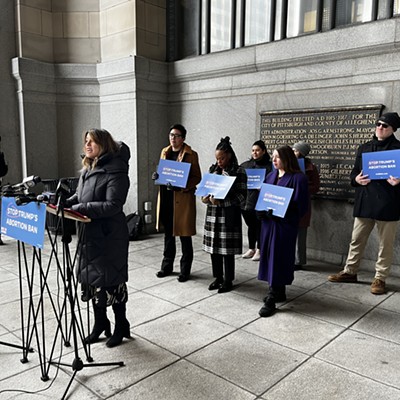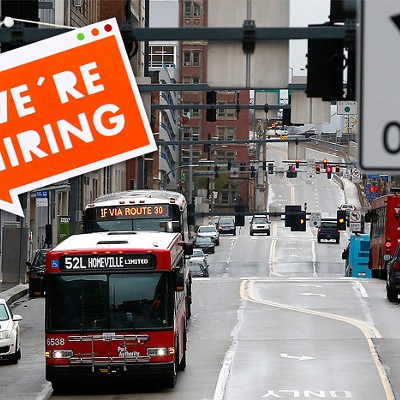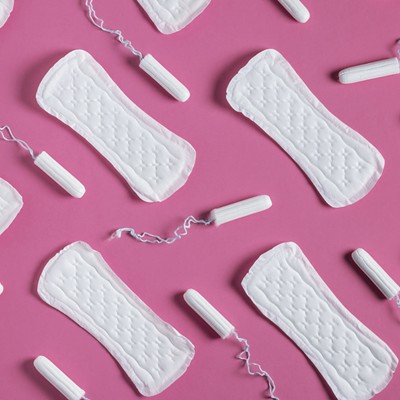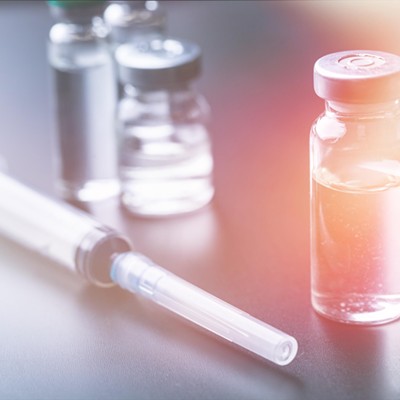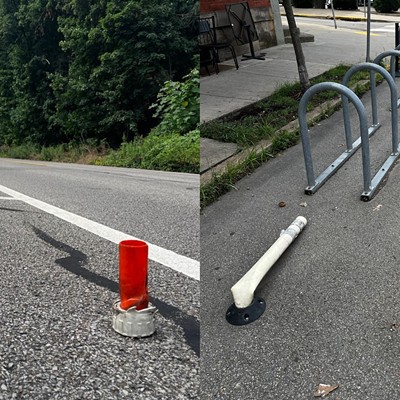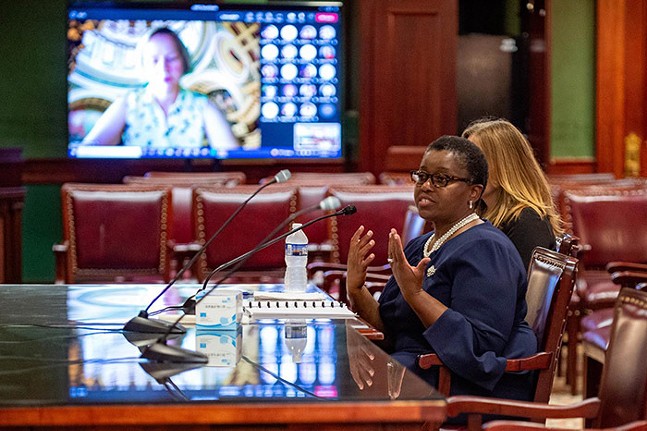
The Pennsylvania House and Senate Democratic policy committees co-hosted a hearing this morning to discuss the future of reproductive healthcare in Pennsylvania following the U.S. Supreme Court's reversal on Roe v. Wade. The hearing, led by Rep. Mary Isaacson (D-Philadelphia) and the Women’s Health Caucus, aimed to sift out the facts and fiction of what the federal court ruling means for people seeking abortion care in Pennsylvania.
“We need to make sure that misinformation is not being spread around,” Isaacson said. “We’ve had to absorb the Supreme Court decision together as a nation and as a state, and we need to make sure Pennsylvanians are informed about the healthcare decisions they have despite this ruling.”
The hearing featured testimony from Dr. Denise Johnson, acting secretary and physician general for the state health department. Johnson reiterated that Pennsylvanians are still able to access abortion care safely despite the Supreme Court’s ruling in the case of Dobbs v. Jackson Women's Health Organization last month, although the Republican-controlled legislature in Harrisburg continues to push a bill revising the state constitution to specify that individuals do not have a right to abortion.
“First, I want to ensure all Pennsylvanians are aware that, as of this hearing, reproductive health care services, including abortions, remain safe and legal in Pennsylvania,” Johnson said. “The Department’s oversight of the facilities currently approved to offer abortion services is not changing because of the U.S. Supreme Court’s decision.”
Johnson also discussed the negative consequences, ranging from financial security to death, that can follow when someone who needs an abortion isn’t able to get one. The Supreme Court’s decision last month triggered abortion bans in many states and endangered abortion access in many others. Johnson said today such moves will lead to loss of life.
“Bodily autonomy and privacy should be a human right," Johnson said. "The consequences of forced pregnancy can be dangerous to maternal health and may increase chances of maternal morbidity. If abortion or emergency contraceptive services were to become further limited in Pennsylvania, it would likely exacerbate this crisis.”
Johnson discussed with legislators the Turnaway Study, which assessed more than 1,000 women who were denied abortions in the United States five years previously, and found that they experience more debt, are more likely to live in poverty, and are less likely to be able to work full-time.
Rep. Mary Jo Daley (D-Montgomery), co-chair of the Women’s Health Caucus, said the study shows what could happen if attempts to restrict abortion access prevail in Pennsylvania.
"While Pennsylvanians still have rights to this important healthcare, we are one Republican governor away from having those rights stripped away," Daley said. “It’s so hard to sit and think that this is what we’re going through. We need to do everything we can to ensure everyone, including out-of-state residents, have access to abortion care in Pennsylvania.”
Johnson told legislators that Pittsburgh’s two independent abortion providers remain overwhelmed by the high demand for abortion as pregnant people from nearby states with full or partial abortion bans now must travel to Pittsburgh for the life-saving procedure.
“Both Allegheny Reproductive Health Center in East Liberty and Planned Parenthood of Western Pennsylvania have had their offices flooded with calls from both in-state and out-of-state patients,” Johnson says.
“Prior to Dobbs, Allegheny Reproductive Health would perform around 3,500 abortions per year, with roughly 1,100 for out-of-state patients. The clinic is projecting they may see 10,000 or more patients since Dobbs, with nearly 6,000 coming from out-of-state from Ohio, Kentucky, Mississippi, Tennessee and Alabama, as well as other southern states where bans or near bans have been enacted.”
This hearing was the first in a three-part series. The second hearing will take place in Philadelphia on July 26th, the third hearing will happen in Pittsburgh on August 11th.


